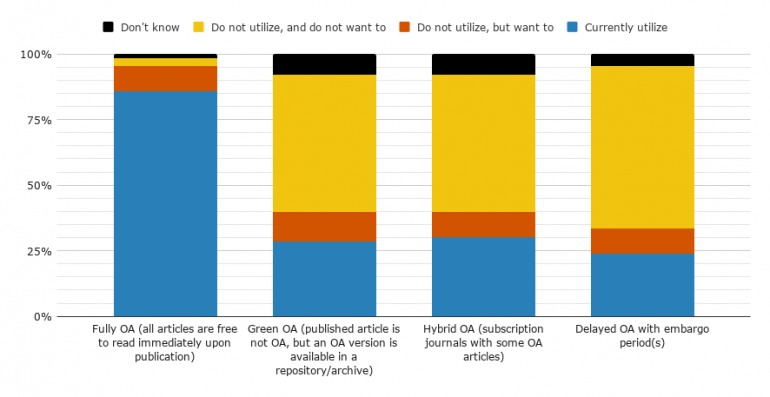Dave Puplett demonstrates how University libraries using repository systems and the principles of Open Access can improve the discoverability, visibility, authority and thus impact of academic research.
One of the founders of the London School of Economics, Sidney Webb, wrote that, “one of the principle objects of the school from its establishment has been the publication of works containing the results of researches in economic and political subjects conducted by teachers of the school or under their supervision”. Academic libraries such as the LSE Library provide the modern equivalent of the role outlined in this vision, extending our collections to include the fruits of research activity in the school. We then disseminate research (and information about it) on the web using repository systems and the principles of Open Access.
One of the conclusions of the executive summary of this excellent Impact Handbook is that: “Information wants to be free. Publishing some form of an academic’s research on the open web or storing it in a university’s online depository is essential to ensure that readers beyond academia can gain easy access to research”.
Virtually every librarian I’ve ever met would agree to this statement without hesitation. Initiatives like University of Nottingham’s Centre for Research Communications (CRC), and the UKCORR professional body for open access repository administrators and managers demonstrate high level organisation and activity in Libraries to support these services for academic staff.
At LSE we use the diagram provided below to show academic staff how using our services can help maximise their research visibility.

We believe that using these services has the following effects:
- Discoverability – Material stored in a good repository like LSE Research Online will be quickly indexed by Google Scholar and other web indexers. This will rapidly expose research to a global audience in a way that traditional dissemination routes fail to offer.
- Visibility – More people can find your work if you put it in a repository. For example, users of Publish or Perish will see references from across publishers and sources, and a big contributing source can be your institution’s repository. Professor Patrick Dunleavy’s Publish or Perish results shows how a large number of his publications are only found because of his LSE Research Online listing.
- Authority – Libraries and repositories can uniquely be trusted to accurately and assiduously record publications information. It is very unlikely that anyone outside of your institution has an accurate record of all of your research – indexes like Web of Science and Scopus are by definition partial – and repositories can act as an online CV of your work.
- Open Access – repositories can hold openly available full-text versions of your research, accessible in full to anyone who wishes to read them. Chapter 9.4 of the handbook observes that there are many strong arguments for extending the partial availability of research materials on the open Web. Universities should aim to introduce a general policy that some substantive version of all its research outputs are made available online in a free-to-view form. Open access materials tend to be more cited than comparable material behind pay walls, and making an open access version of materials available can help companies, public agencies and NGOs find the right academic experts far more easily, because none of these groups typically have library access to learned journals.
In conclusion, repositories can:
- provide an authoritative record of your work, and interoperate this information with tools modern researchers use, like Google Scholar and Publish or Perish.
- showcase your work to an audience beyond the confines of subscribers to the journals you publish in.
- remove barriers between you and those who may never have found your work without your Library and institutional repositories.
If utilised, repositories can positively affect the overall impact that researchers and their work can make, and your University Library has the tools and expertise to help.
Dave Puplett is the E-services Manager at LSE Library.








RT@MatAbraz: New useful search engine that returns full text scientific articles not subject to access fees http://www.freefullpdf.com